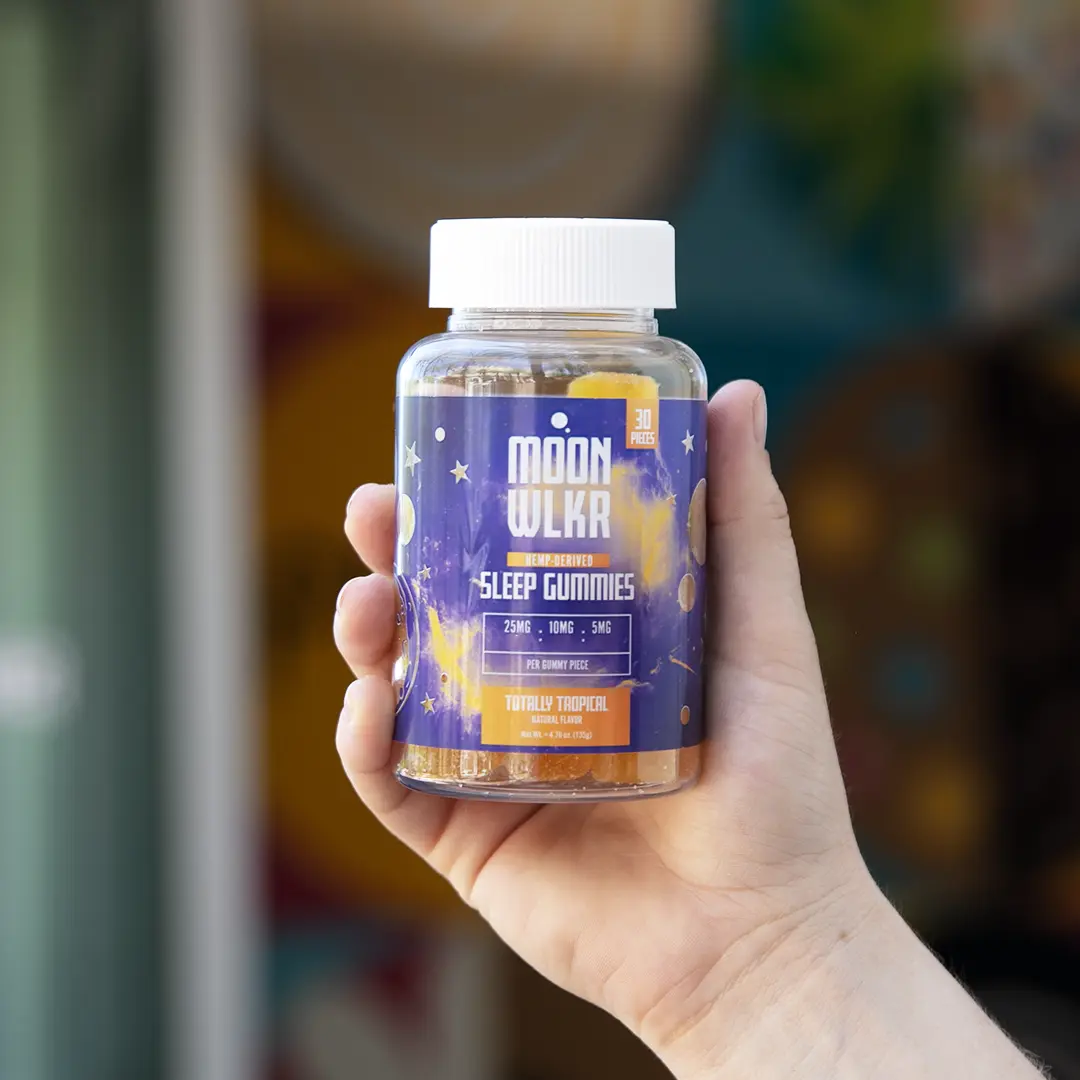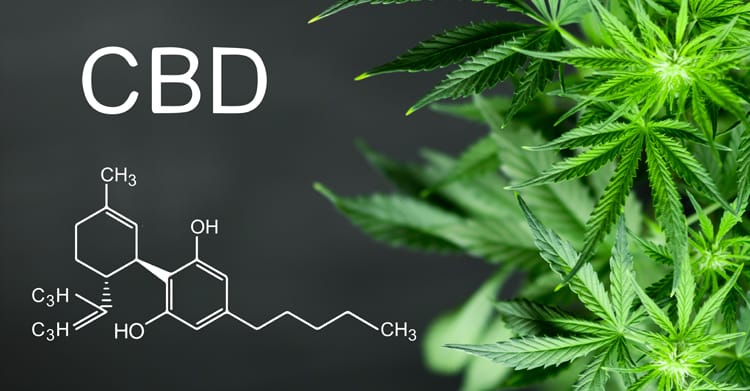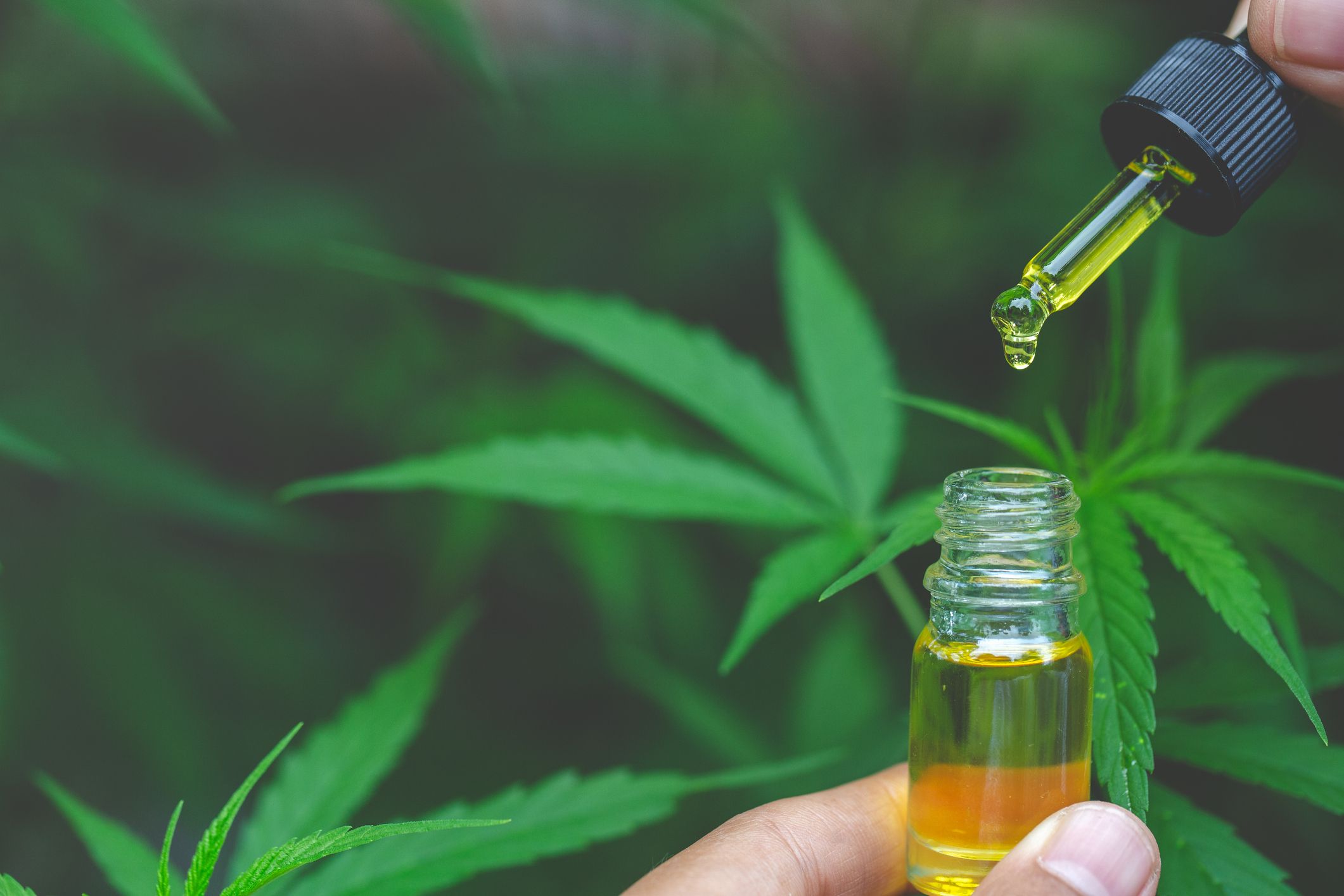Pain can be devastating, both physically and emotionally. Fortunately, CBD is increasingly being used to treat various chronic pain conditions. CBD interacts with your body’s endocannabinoid system (ECS), which helps regulate the immune response and reduce inflammation. This can help relieve pain from arthritis, multiple sclerosis, fibromyalgia, nerve pain, muscle spasms, and other conditions. CBD also has analgesic properties, which can help reduce the sensation of pain. CBD may also help manage anxiety and depression that often accompany chronic pain. Working together, these effects of CBD can help provide meaningful relief from your chronic pain.
If you’re considering using CBD for pain relief, you must talk to your healthcare provider before starting any new treatment. They can ensure that CBD is safe and compatible with any prescription medications you may be taking and assess the best dosage for your needs. Your healthcare provider can also help you identify any potential contraindications or drug interactions.
What are the Side Effects of CBD For Pain Relief?

The side effects of CBD are generally mild and may include tiredness, nausea, or changes in appetite. Some people have also reported feeling dizziness or lightheadedness after taking CBD.
It’s important to talk to your healthcare provider about any potential risks or side effects before using CBD for pain relief. They can assess your needs and advise you on the most effective dosage. They can also help identify any potential contraindications or drug interactions. By working together, you and your healthcare provider can find a solution that helps provide meaningful relief from your chronic pain.
In addition to talking with your doctor, it’s essential to know the quality and source of any CBD product you’re considering using for pain relief. Look for third-party tested products to ensure they meet safety standards and avoid buying from vendors who don’t provide information about their products.
There are many benefits to purchasing quality CBD products. Quality CBD is more likely to be effective and safer than low-quality products, which may contain contaminants or other ingredients that can cause unwanted effects. Plus, reputable vendors have established relationships with trusted suppliers and often provide detailed information about their products, including ingredients, dosage recommendations, and other important information.
How to Take CBD for Pain Relief

CBD is available in many forms, including tinctures, edibles, topical creams, and oils. Depending on your needs and preferences, starting with a low dose of CBD may be best to assess how your body reacts before increasing the dosage.
If you’re starting with tincture or oil drops under the tongue, start with a low dose — 1-2 drops. If you’re using edibles or capsules, take one to two days. When using topical creams or ointments, apply them directly to the affected area and massage them gently. Avoid applying the cream directly to broken or irritated skin. You may need to experiment with different forms of CBD and dosages until you find a treatment that works best for you. Monitor how your body reacts and talk with your healthcare provider if you are experiencing any adverse effects.
Start with a low dose of 5-10 mg of CBD for CBD edibles, and increase gradually. Avoid products that list hemp oil as the only ingredient since it contains very little CBD. Look for products that include the amount of active CBD listed on their label.
It’s important to note that CBD is not a substitute for other forms of treatment but rather an additional tool to help manage pain symptoms. Working with your doctor can help you find the most effective treatment plan for your pain.
Are There Any Interactions With Other Medications I’m Taking?

Talking with your healthcare provider before taking any new supplement, including CBD, is always essential. They can help you assess potential interactions or contraindications between CBD and medications you may be taking.
CBD is known to interact with certain medications, such as blood thinners or seizure medications, so it’s essential to be aware of potential risks before starting any new treatment. Your healthcare provider can advise you on managing your medicines while taking CBD.
Additionally, you may avoid taking CBD if you’re pregnant or breastfeeding, as research on its safety in these situations is not comprehensive. Some people have claimed to experience mild side effects when taking CBD for pain relief, such as tiredness or nausea. Although nausea is common with pregnancy, CBD will likely accelerate the feeling.
What is the Best Dosage of CBD for Pain?

The best dosage of CBD for pain relief will vary from person to person. It’s essential to start with a low dose and increase as needed until you find one that works for you. Talk to your healthcare provider about the best dosage for your needs and any potential risks or interactions with other medications you may be taking.
There are many factors to consider when choosing the best CBD dosage for pain. Your weight, metabolism, and overall health can influence your body’s response to CBD. In addition, the severity of your pain may require a higher dose than someone managing mild discomfort. Working with your healthcare provider can help you find the most effective dose for your needs.
By following these guidelines, you can find the best CBD dosage for pain relief with minimal side effects. Remember to consult your healthcare provider before taking any new supplement and monitor how your body responds to each dose before increasing it. Over time, you can achieve meaningful relief from chronic pain with this natural treatment.
Best Place To Shop For Cannabinoid Products
When it comes to kickstarting your pain management journey through microdosing, MOONWLKR emerges as a standout option. Renowned for their top-tier products, MOONWLKR provides high-quality substances for beginners looking to delve into microdosing.
With their extensive range of options and reliable sourcing practices, you can trust MOONWLKR to deliver a safe and effective microdosing experience. Plus, they offer an exclusive discount code, SLYNGXMOON, that allows you to enjoy a generous 25% off on your next purchase, making it easier to embark on your microdosing journey with confidence and affordability.
How Does CBD Help My Pain? – Conclusion
CBD is a powerful natural treatment option for managing chronic pain. Understanding the safety considerations and best practices when taking CBD allows you to find the correct dosage to meet your needs and start feeling better naturally.
Additionally, you must be aware of any potential drug interactions with medications you may be taking. Talk to your healthcare provider before starting any new treatment to ensure it’s the best choice for your health. You may achieve targeted pain relief safely and effectively with CBD with the proper guidance.
